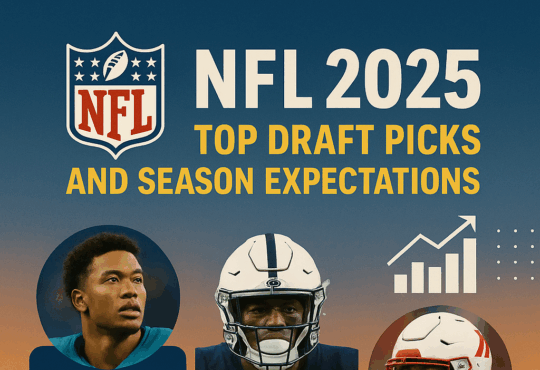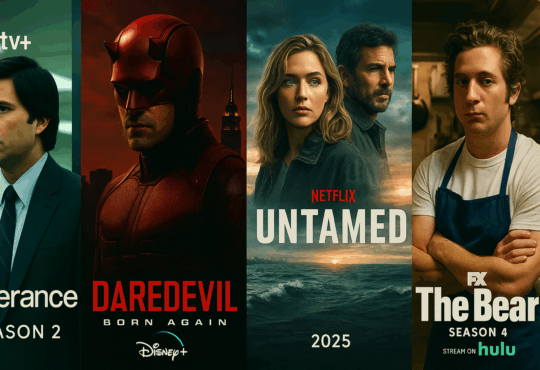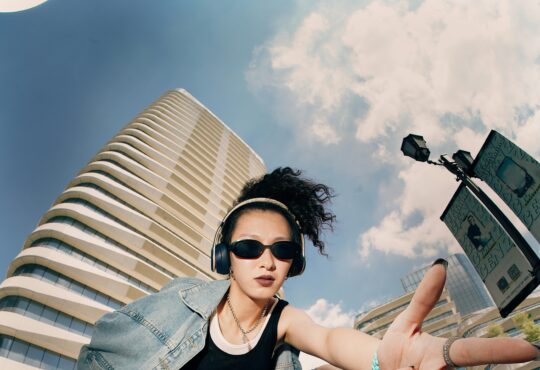K-Pop and Mental Health: The Dark Side of Fame

The glitz, the glamour, the screaming fans—K-Pop is a global phenomenon that captivates millions. But behind the dazzling performances and picture-perfect idols lies a harsh reality: the immense pressure, relentless schedules, and intense scrutiny that take a toll on mental health.
In this blog, we explore the dark side of K-Pop fame, the industry’s mental health crisis, and what’s being done to protect these stars.
1. The Pressure to Be Perfect
K-Pop idols don’t just sing and dance—they’re expected to be flawless in every way:
✔ Visual Standards – Strict diets, plastic surgery expectations, and constant body-shaming
✔ Social Media Scrutiny – Every post, comment, and even weight fluctuation is dissected by fans and antis
✔ No Room for Error – One scandal (dating, political opinion, even a facial expression) can end a career
Famous Cases:
-
Sulli (f(x)) – Openly struggled with cyberbullying before her tragic passing in 2019
-
Jonghyun (SHINee) – Spoke about depression before his death in 2017
-
TWICE’s Mina & Jeongyeon – Took hiatuses due to anxiety disorders
2. The Trainee System: Dreams at a Cost
Before debuting, idols endure years of brutal training:
-
12+ hour daily practices (singing, dancing, languages)
-
Strict rules – No dating, limited personal freedom
-
“Survival” competition shows – Public eliminations add extreme stress
Former Trainee Confessions:
“We were weighed every week. If you gained even 1kg, you’d be screamed at.”
“Some trainees took pills to stay awake for days.”
3. Fan Culture: Love That Can Turn Toxic
While fans (K-Pop “stans”) are passionate supporters, some behaviors cross the line:
🚨 Sasaengs – Obsessive fans who stalk idols, hack their phones, even break into dorms
🚨 Cancel Culture – A single misstep leads to hate campaigns (e.g., AOA’s Jimin bullying controversy)
🚨 Demand for Fan Service – Idols must always appear cheerful, even when struggling
4. The Industry’s Response (And Is It Enough?)
Some positive changes are emerging:
✔ More Mental Health Breaks – Red Velvet’s Wendy, BTS’s Suga, and others have taken hiatuses
✔ Companies Hiring Therapists – HYBE (BTS’s label) now provides psychological support
✔ Idols Speaking Out – Stars like BTS’s RM and IU openly discuss anxiety and therapy
But critics argue:
-
Contracts are still rigid (7+ years, little personal freedom)
-
Therapy is often reactive, not preventive
-
Fan expectations haven’t changed
5. How Fans Can Help
Real support goes beyond streaming and voting:
💙 Respect Boundaries – Don’t demand constant content
💙 Call Out Toxicity – Report cyberbullying, don’t engage in fan wars
💙 Normalize Imperfection – Celebrate idols as humans, not just entertainers
Final Thoughts
K-Pop’s global success shouldn’t come at the cost of its stars’ well-being. While the industry is slowly changing, true progress requires fans, companies, and society to prioritize mental health over perfection.
💬 Do you think K-Pop companies do enough for mental health? Discuss below.








